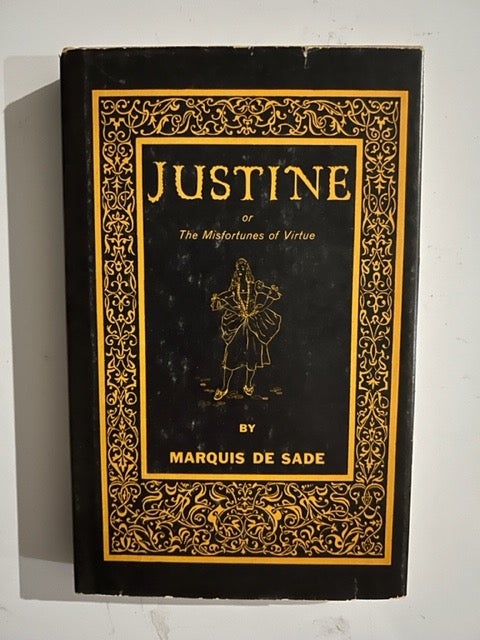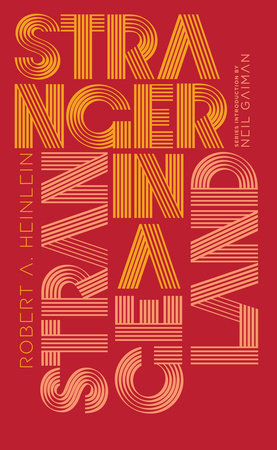Ended NEXUS: A Brief History of Information Networks from the Stone Age to AI by Yuval Noha Harari
There is no doubt that Harari knows how to propose clean and legit debates, which I always appreciate.
However, IMHO Nexus has been Harari's most disappointing book. There are pages and pages speaking about west's enemies such as Stalin, Putin, Iran, Marxists, Stalin again... Just to state that western democracies have self-correcting mechanisms that would not allow a surveillance AI and it only could happen in totalitaritarian countries. Well, as far as I know, Echellon, Prism or Pegasus where developed in western countries. I do not see Mr. Harari having the will to comment about this countries, so this parts of the book are biased.
Started Jonathan Haidt's The anxious generation



